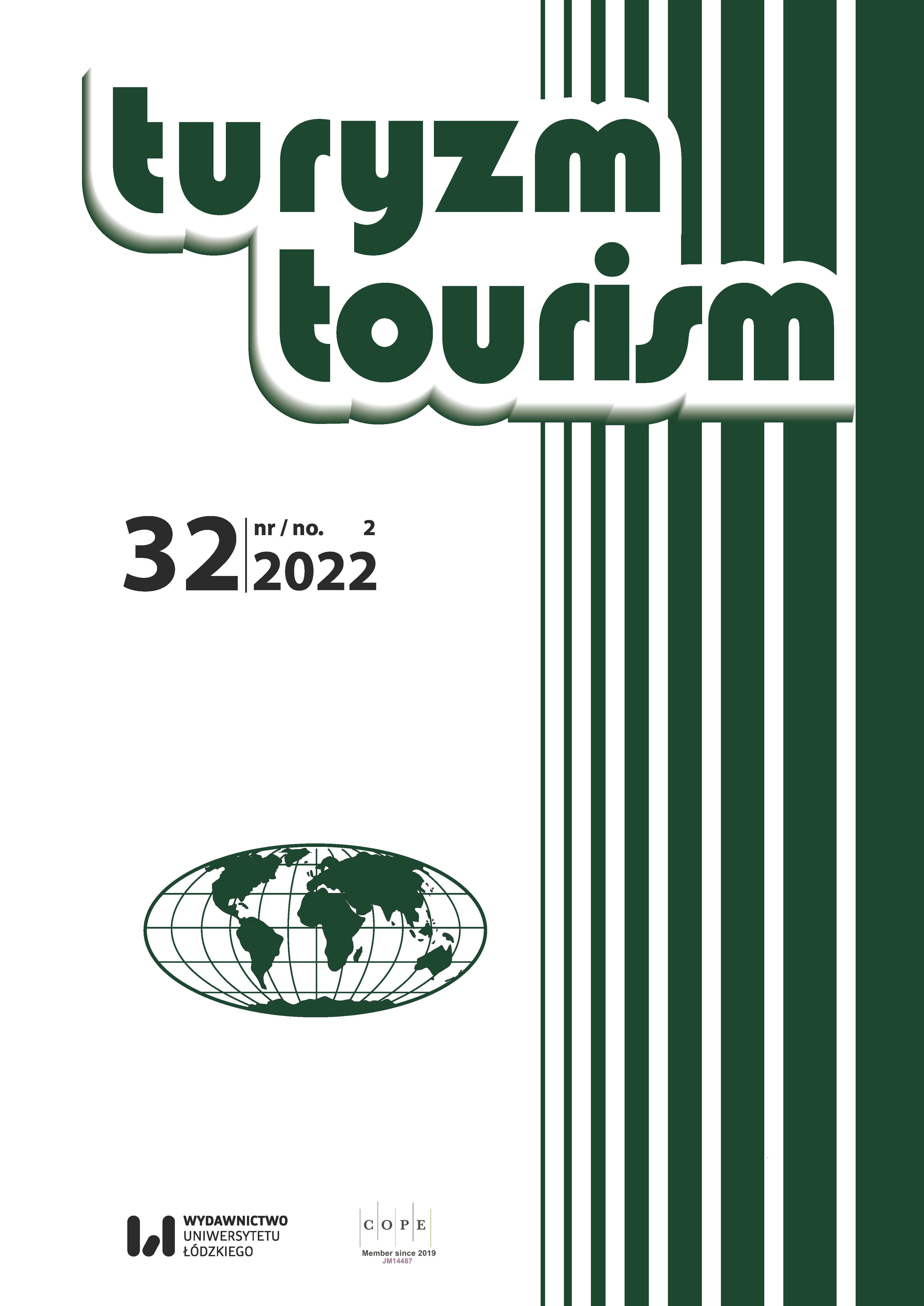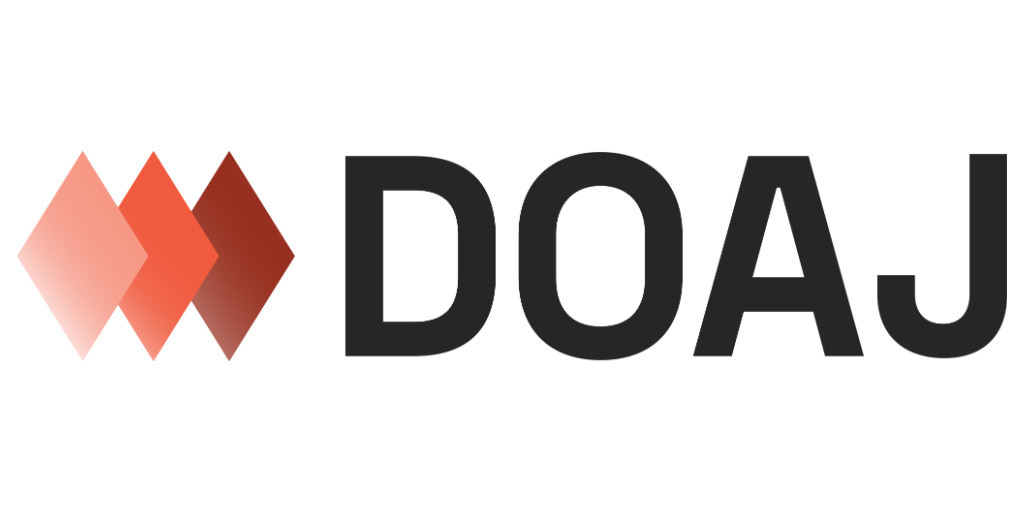Bibliometric analysis of publications on wellness tourism
DOI:
https://doi.org/10.18778/0867-5856.32.2.04Keywords:
bibliometrics, health, tourism, travel, wellnessAbstract
Wellness tourism is emerging as one of the most preferred tourism segments for both travel enthusiasts and ordinary vacation seekers due to the COVID-19 pandemic and the resultant stress and anxiety. It is a niche tourism segment with enormous ability to emerge as the most in demand for coming years. This study carries out a bibliometric analysis to identify the prominent journals, their characteristics and total citations, trending keywords, emerging topics etc, in wellness tourism. With 159 articles extracted from the Web of Science database, it was observed that the word ‘health’ was often used, and that ‘medical tourism’ was the most popular topic. China takes the lead among world nations for having conducted most research in this field. The findings of the study could be beneficial to the research community, academia, the tourism industry and policymakers. The publication acknowledges its limitations but gives the implications for further research.
Downloads
References
Bennett, M., King, B., Milner, L. (2004). The health resort sector in Australia: A positioning study. Journal of Vacation Marketing, 10 (2), 122–137. https://doi.org/10.1177/135676670401000203
Google Scholar
DOI: https://doi.org/10.1177/135676670401000203
Butt, N.S., Malik, A.A., Shahbaz, M.Q. (2021). Bibliometric analysis of statistics journals indexed in Web of Science under emerging source citation index. SAGE Open, 11 (1). https://doi.org/10.1177/2158244020988870
Google Scholar
DOI: https://doi.org/10.1177/2158244020988870
Connell, J. (2006). Medical tourism: Sea, sun, sand and … surgery. Tourism Management, 27 (6), 1093–1100. https://doi.org/10.1016/j.tourman.2005.11.005
Google Scholar
DOI: https://doi.org/10.1016/j.tourman.2005.11.005
Csirmaz, É., Pető, K. (2015). International trends in recreational and wellness tourism. Procedia Economics and Finance, 32, 755–762. https://doi.org/10.1016/s2212-5671(15)01458-6
Google Scholar
DOI: https://doi.org/10.1016/S2212-5671(15)01458-6
Dillette, A., Douglas, A., Martin, D. (2018). Do vacations really make us happier? Exploring the relationships between wellness tourism, happiness and quality of life. Journal of Tourism & Hospitality, 7 (3), 10000355. https://doi.org/10.4172/2167-0269.1000355
Google Scholar
DOI: https://doi.org/10.4172/2167-0269.1000355
Dini, M., Pencarelli, T. (2022). Wellness tourism and the components of its offer system: A holistic perspective. Tourism Review, 77 (2), 394–412. https://doi.org/10.1108/TR-08-2020-0373
Google Scholar
DOI: https://doi.org/10.1108/TR-08-2020-0373
Font, X., McCabe, S. (2017). Sustainability and marketing in tourism: Its contexts, paradoxes, approaches, challenges and potential. Journal of Sustainable Tourism, 25 (7), 869–883. https://doi.org/10.1080/09669582.2017.1301721
Google Scholar
DOI: https://doi.org/10.1080/09669582.2017.1301721
García-Altés, A. (2005). The development of health tourism services. Annals of Tourism Research, 32 (1), 262–266. https://doi.org/10.1016/j.annals.2004.05.007
Google Scholar
DOI: https://doi.org/10.1016/j.annals.2004.05.007
Global Wellness Institute (2021). The Global Wellness Economy: Looking Beyond COVID. Retrieved from: https://globalwellnessinstitute.org/wp-content/uploads/2021/11/GWI-WE-Monitor-2021_final-digital.pdf (5.12.2021).
Google Scholar
Han, J., Kang, H.-J., Kim, M., Kwon, G.H. (2020). Mapping the intellectual structure of research on surgery with mixed reality: Bibliometric network analysis (2000–2019). Journal of Biomedical Informatics, 109. https://doi.org/10.1016/j.jbi.2020.103516
Google Scholar
DOI: https://doi.org/10.1016/j.jbi.2020.103516
Hinterberger, H. (2018). Thematic Map. In: L. Liu, M.T. Özsu (eds), Encyclopedia of Database Systems (pp. 4121–4122). New York (NY): Springer. https://doi.org/10.1007/978-1-4614-8265-9_1377
Google Scholar
DOI: https://doi.org/10.1007/978-1-4614-8265-9_1377
Hossain, M.M. (2020). Current status of global research on novel coronavirus disease (COVID-19): A bibliometric analysis and knowledge mapping [version 1; peer review: 2 approved with reservations]. F1000Research, 9, 374. https://doi.org/10.12688/f1000research.23690.1
Google Scholar
DOI: https://doi.org/10.12688/f1000research.23690.1
Junquera, B., Mitre, M. (2007). Value of bibliometric analysis for research policy: A case study of Spanish research into innovation and technology management. Scientometrics, 71, 443–454. https://doi.org/10.1007/s11192-007-1689-9
Google Scholar
DOI: https://doi.org/10.1007/s11192-007-1689-9
Kaushik, K. (2020). Here’s why wellness tourism will witness a surge in popularity in a post-COVID world. Retrieved from: https://www.outlookindia.com/outlooktraveller/explore/story/70676/health-and-wellness-tourism-in-the-post-covid-world (12.11.2021).
Google Scholar
Kazakov, S., Oyner, O. (2021). Wellness tourism: A perspective article. Tourism Review, 76 (1), 58–63. https://doi.org/10.1108/TR-05-2019-0154
Google Scholar
DOI: https://doi.org/10.1108/TR-05-2019-0154
Lucky Kurniawan, L. (2018). Promoting Indonesia as a wellness tourism destination. KnE Social Sciences, 3 (10), 250–260. https://doi.org/10.18502/kss.v3i10.3378
Google Scholar
DOI: https://doi.org/10.18502/kss.v3i10.3378
Lunt, N., Carrera, P. (2010). Medical tourism: Assessing the evidence on treatment abroad. Maturitas, 66 (1), 27–32. https://doi.org/10.1016/j.maturitas.2010.01.017
Google Scholar
DOI: https://doi.org/10.1016/j.maturitas.2010.01.017
Majeed, S., Ramkissoon, H. (2020). Health, wellness, and place attachment during and post health pandemics. Frontiers in Psychology, 11. https://doi.org/10.3389/fpsyg.2020.573220
Google Scholar
DOI: https://doi.org/10.3389/fpsyg.2020.573220
Merigó, J.M., Yang, J.-B. (2017). A bibliometric analysis of operations research and management science. Omega (United Kingdom), 73, 37–48. https://doi.org/10.1016/j.omega.2016.12.004
Google Scholar
DOI: https://doi.org/10.1016/j.omega.2016.12.004
Mora-Valentín, E.-M., Ortiz-de-Urbina-Criado, M., Nájera-Sánchez, J.-J. (2018). Mapping the conceptual structure of science and technology parks. The Journal of Technology Transfer, 43 (5), 1410–1435. https://doi.org/10.1007/s10961-018-9654-8
Google Scholar
DOI: https://doi.org/10.1007/s10961-018-9654-8
Mueller, H., Lanz Kaufmann, E. (2001). Wellness tourism: Market analysis of a special health tourism segment and implications for the hotel industry. Journal of Vacation Marketing, 7 (1), 5–17. https://doi.org/10.1177/135676670100700101
Google Scholar
DOI: https://doi.org/10.1177/135676670100700101
Nasir, A., Shaukat, K., Hameed, I.A., Luo, S., Alam, T.M., Iqbal, F. (2020). A bibliometric analysis of corona pandemic in social sciences: A review of influential aspects and conceptual structure. IEEE Access, 8, 133377–133402. https://doi.org/10.1109/ACCESS.2020.3008733
Google Scholar
DOI: https://doi.org/10.1109/ACCESS.2020.3008733
Smith, M., Puczko, L. (2008). Health and wellness tourism. London: Routledge. https://doi.org/10.4324/9780080942032
Google Scholar
DOI: https://doi.org/10.4324/9780080942032
Wen, J., Kozak, M., Yang, S., Liu, F. (2021). COVID-19: potential effects on Chinese citizens’ lifestyle and travel. Tourism Review, 76 (1), 74–87. https://doi.org/10.1108/TR-03-2020-0110
Google Scholar
DOI: https://doi.org/10.1108/TR-03-2020-0110
Zhong, L., Deng, B., Morrison, A.M., Coca-Stefaniak, J.A., Yang, L. (2021). Medical, health and wellness tourism research – a review of the literature (1970–2020) and research agenda. International Journal of Environmental Research and Public Health, 18 (20), 10875. https://doi.org/10.3390/ijerph182010875
Google Scholar
DOI: https://doi.org/10.3390/ijerph182010875
Downloads
Published
How to Cite
Issue
Section
License

This work is licensed under a Creative Commons Attribution-NonCommercial-NoDerivatives 4.0 International License.










